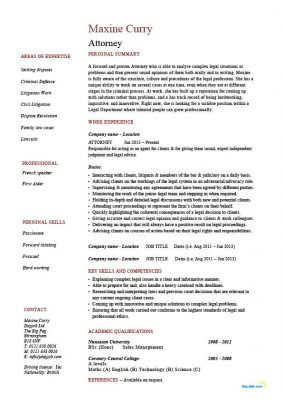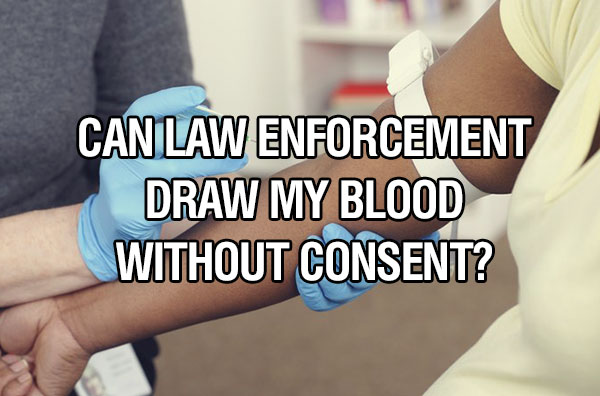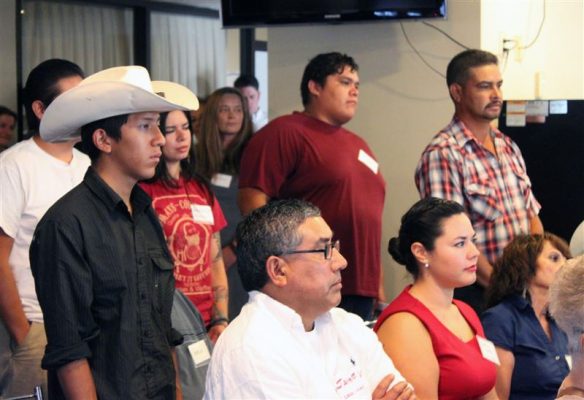Litigation attorneys or trial lawyers are the kind of lawyers in which people have stereotypical ideas about lawyers. They are the kind of lawyers who spend most of their career in courtrooms and filing lawsuits.
Litigators have several major responsibilities starting from investigation, pleadings, and discovery to pre-trial, trial, settlement, and appeal.
Initial case of investigation
In order to determine whether there is enough evidence to file for a lawsuit, if he/she is representing a plaintiff's case, a litigation attorney often conduct an initial case investigation. On the other hand, if the defendant is the one he/she represents, he/she should know what evidence is there to defend a potential lawsuit.
Steps involved in this process may include looking for witnesses and taking their statements, gather important documents, interviewing the client, and investigate the circumstances leading to the dispute.
Pleadings and Motions
Whether the attorney is representing the plaintiff or the defendant, he/she will draft a variety of pleading and motions on his/her client's behalf. These motions may vary from motions to strike, dismiss, amend or change venue, to motions for judgment on the pleadings. In behalf of the plaintiff, a summon and complaint needs to be drafted to initiate the lawsuit. On the other hand, in behalf of defendant, the attorney will investigate and formulate responses against the allegations filed.
Discovery
Discovery is the most crucial part in litigation. In this process, the two parties were able to meet to exchange relevant information for the filed lawsuit. To gain relevant information, litigation attorneys usually use variety of discovery devices such as interrogatories, depositions, requests for production and requests for admission.
Collecting, processing, and analyzing the information gathered during this stage will help the case to progress. When relevant information is extracted during discovery, the attorney may draft or argue for discovery-related motions.
Pre-Trial and Trial
In pre-trial, preparations for trial such as consultations with the clients, retaining expert witnesses, attending pre-trial conferences, and developing trial strategy are done.
Although majority of lawsuits does not really end up in proper trial, there are some cases where both parties have to present their case in civil court. This is where cross examination of witnesses and clients, persuasive arguments, and evidence presentation takes place.
Settlement
Anytime during the litigation, the attorney can request for settlement or negotiation with opposing parties in behalf of his/her client.
Appeal
If the outcome is unfavorable for the client, the litigator may appeal for the case. Drafting post-trial motions or developing appellate strategies are some options a litigator can use to appeal.
If you need a litigation attorney, call the attorneys of Van Tubergen, Treutler, & Hayes, PLLC for legal assistance or aggressive representation in West Michigan near Grand Haven, Holland, Muskegon, and Ottawa. Contact us at 616-850-1300.
Source:
Kane, Sally. “What Do Litigation Attorneys Do?” The Balance. N.p., n.d. Web.










